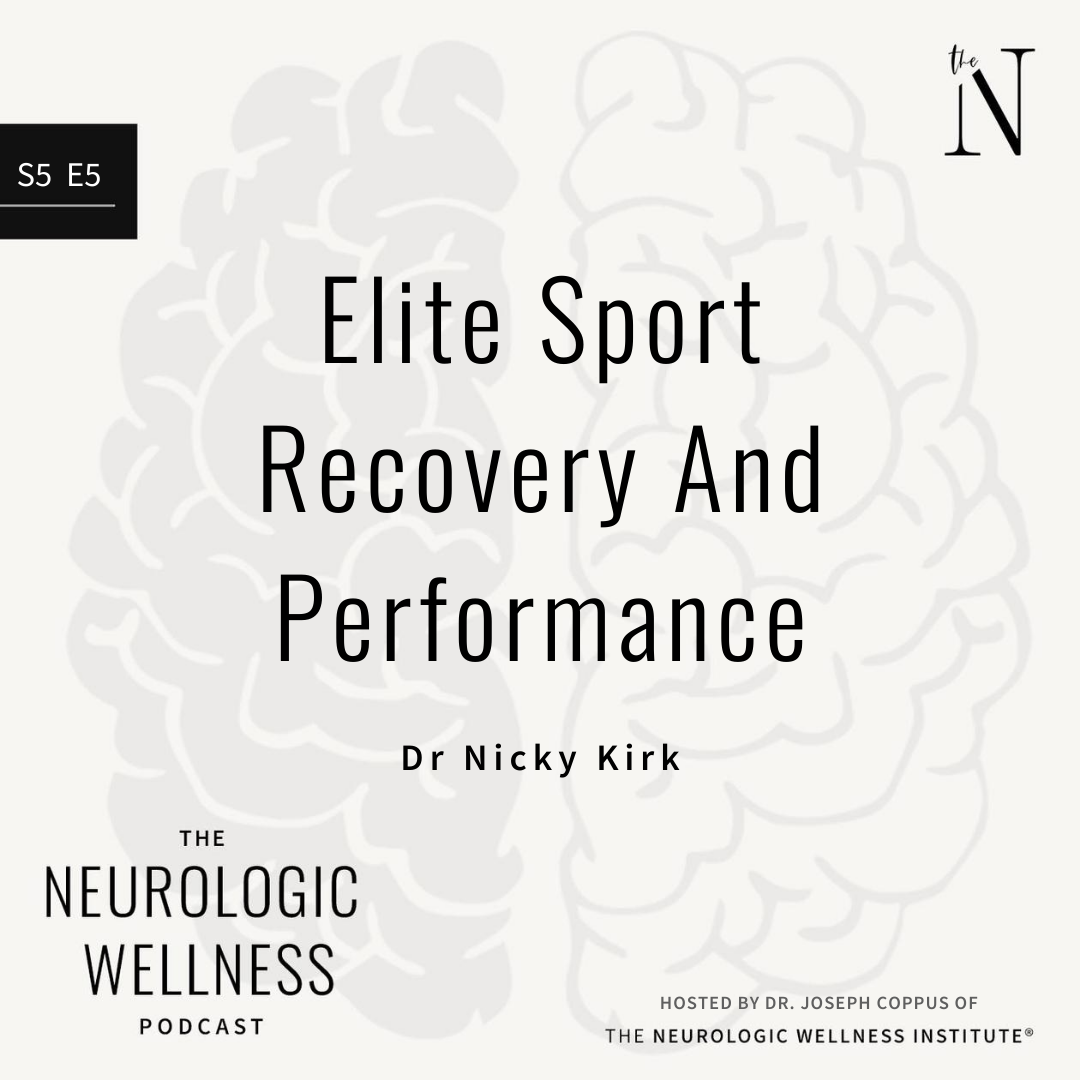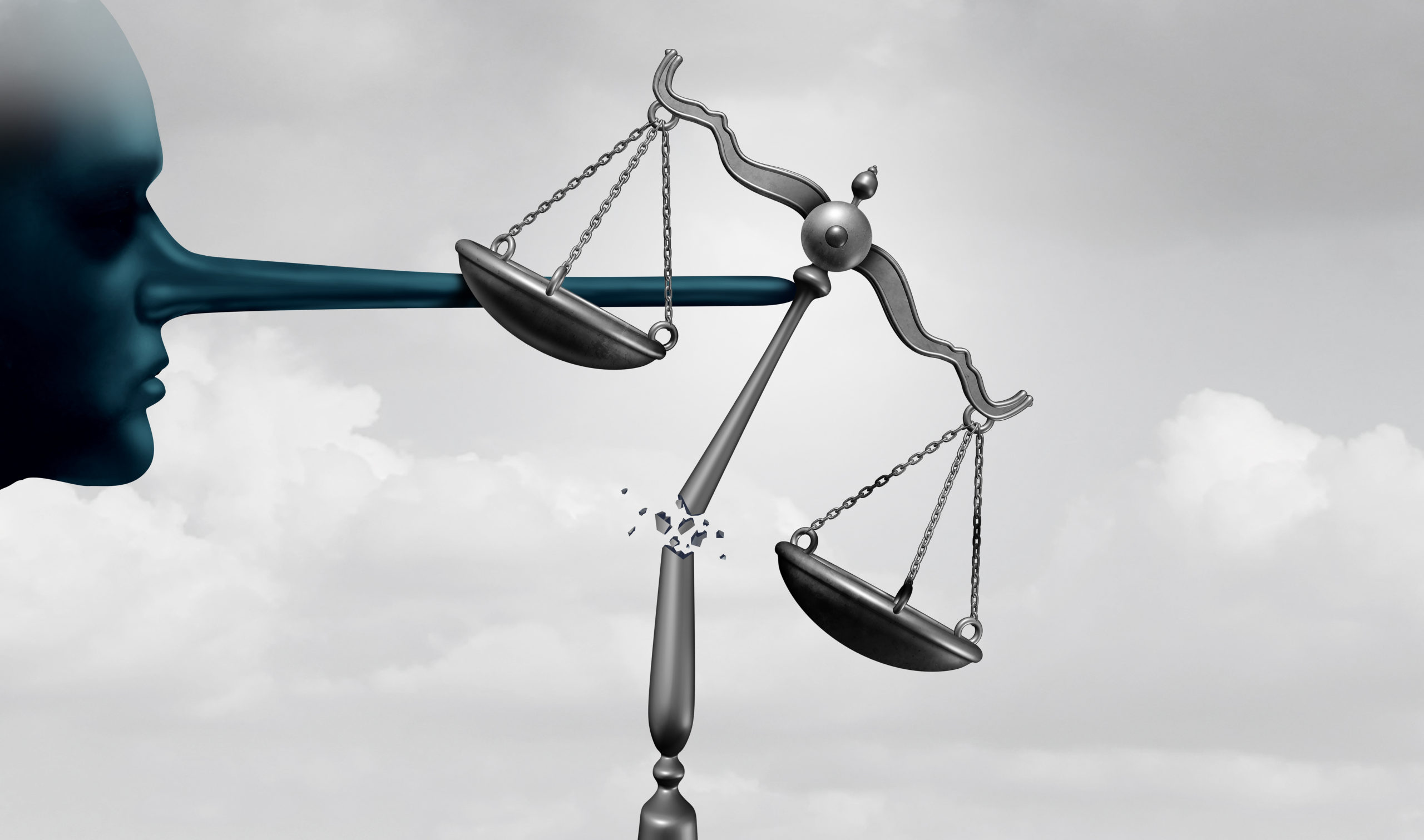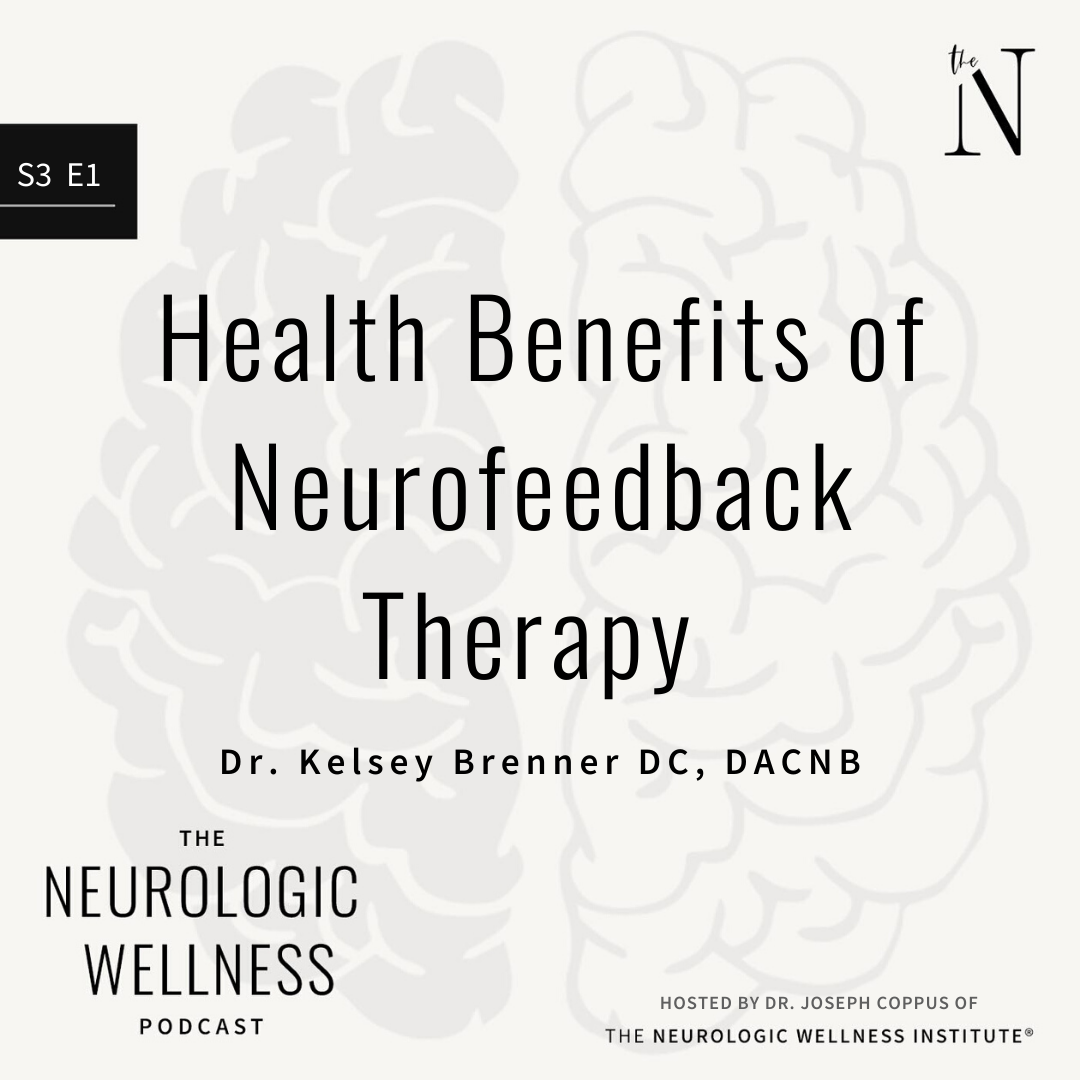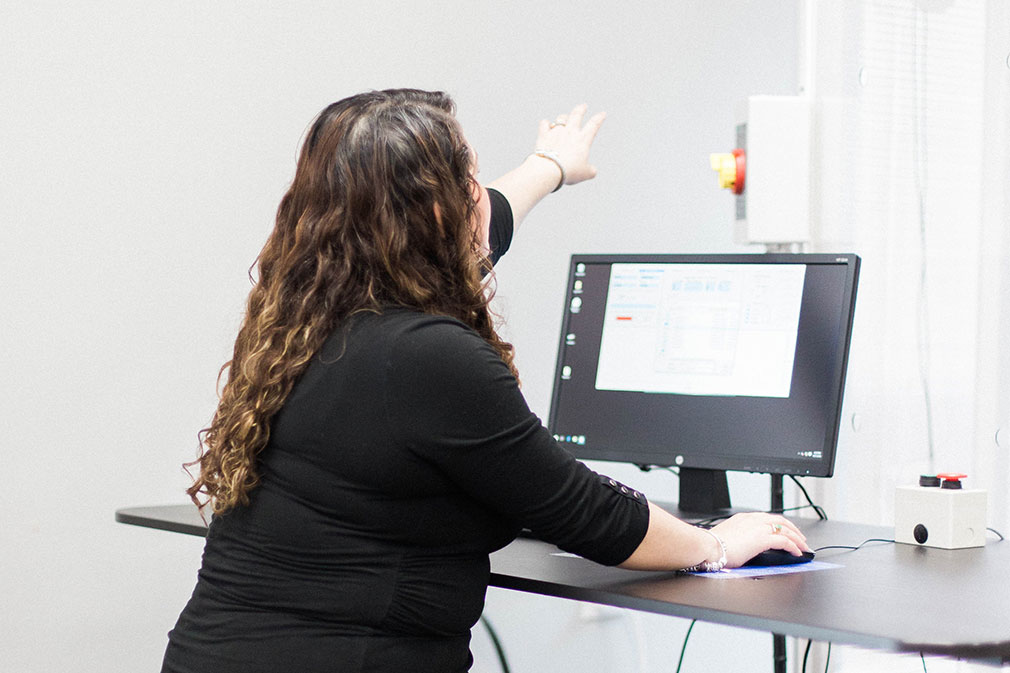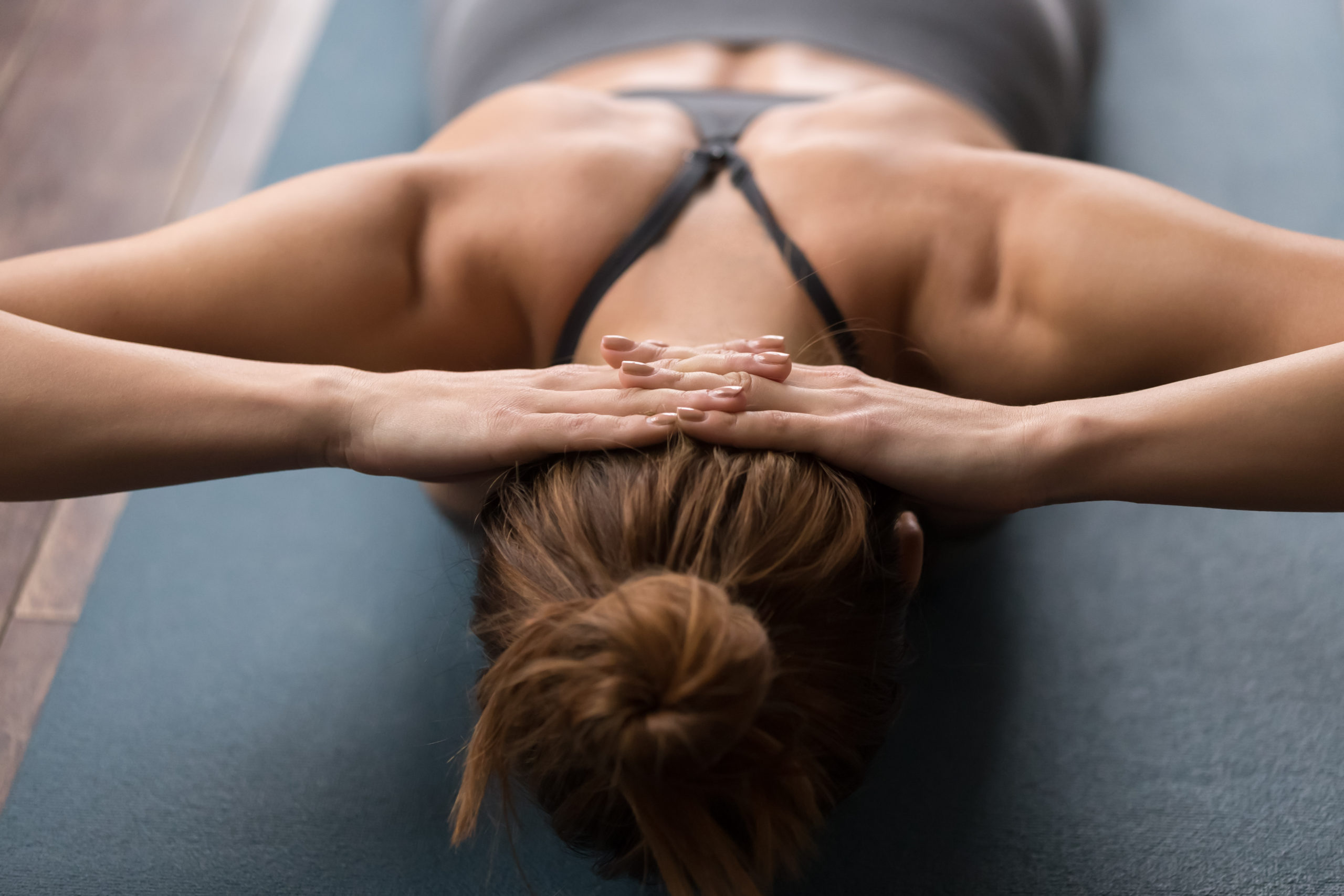 Some Interesting Facts….
Some Interesting Facts….
Did you know that for every one pound increase in neck strength, odds of concussion decreased by 5%?
After a concussion, an evaluation of the neck must be performed as the upper cervical spine is particularly vulnerable to trauma. The upper neck is the most mobile part of the spine and it contains a complex and rich proprioceptive system that has connections to the vestibular and visual systems. Therefore, upper cervical (upper neck) spinal injuries, such as whiplash, can cause headaches and dizziness, the two most reported symptoms after a concussion.
Trauma to the Neck Mimics Concussion Symptoms
Headaches can be caused by injury to the cervical spine as well as injury to the brain. Dizziness and balance dysfunction may be due to dysfunction of the vestibular (our balance and spatial sensory system), proprioceptive (our position sense system), or central nervous system. Cervical vertigo, or dizziness after a whiplash injury, can mimic the symptoms of post-concussion syndrome.
Treatment
Musculoskeletal rehabilitation has been shown to be effective in patients with cervicogenic headache and cervicogenic dizziness. Treatment is geared toward addressing the dysfunction of the muscles in the neck rather than the brain.
A combination of manual therapy and exercise has been shown to be more effective than passive treatment modalities in individuals with neck pain. In other worse, active therapy rather than passive is more beneficial in most cases.
Prevention
Proper strength and conditioning, especially focused on strengthening the muscles of the neck, is a suitable way to limit the forces experienced by the head. Overall neck strength was found to be a significant predictor of concussion. As mentioned above, for every one pound increase in neck strength, odds of concussion decreased by 5%.
It is important to remember that proper neck strength and function is important not just for recovery from a concussion, but also prevention of a concussion.
For more information on the type of conditions, our clinicians help with, schedule a consult with one of our patient care coordinators.
Collins et al. Neck Strength: A protective factor reducing risk for concussion in high school sports. The Journal of Primary Prevention. 2014.Cervicovestibular rehabilitation in sport-related concussion: a randomized controlled trial. British Journal of Sports Medicine. 2014.

